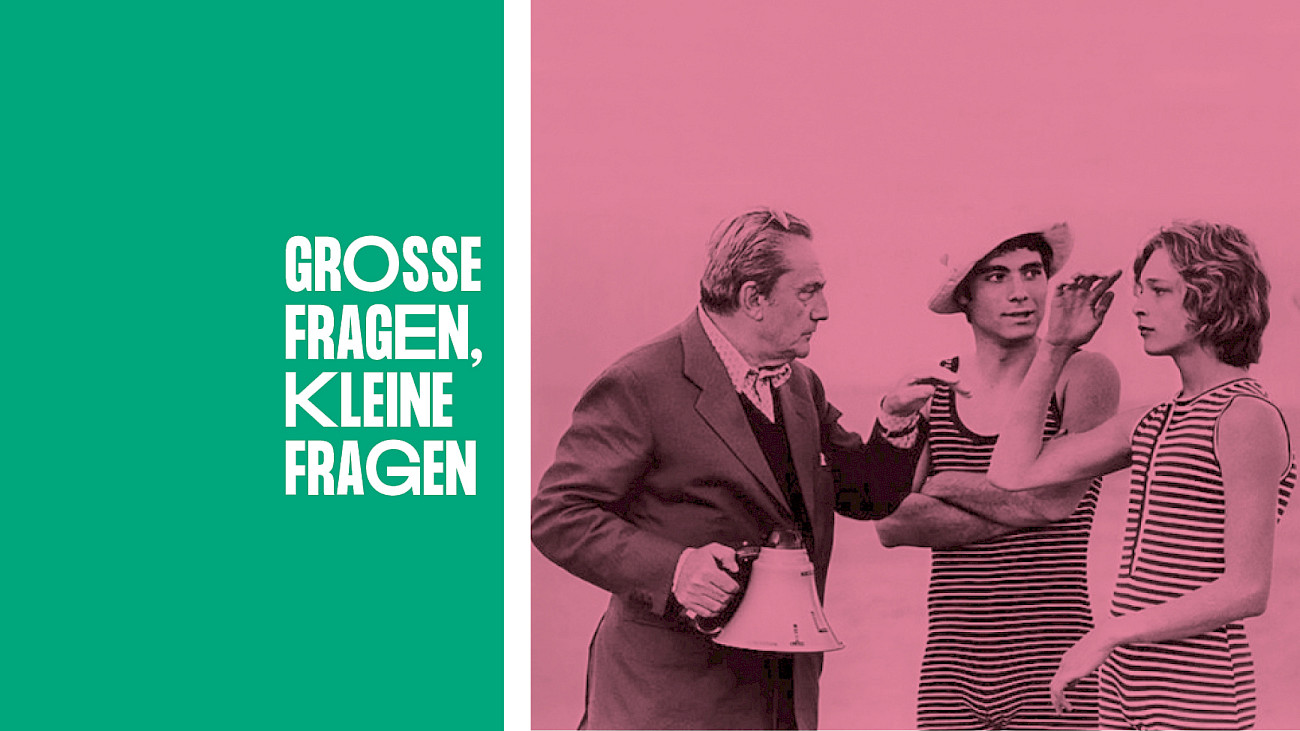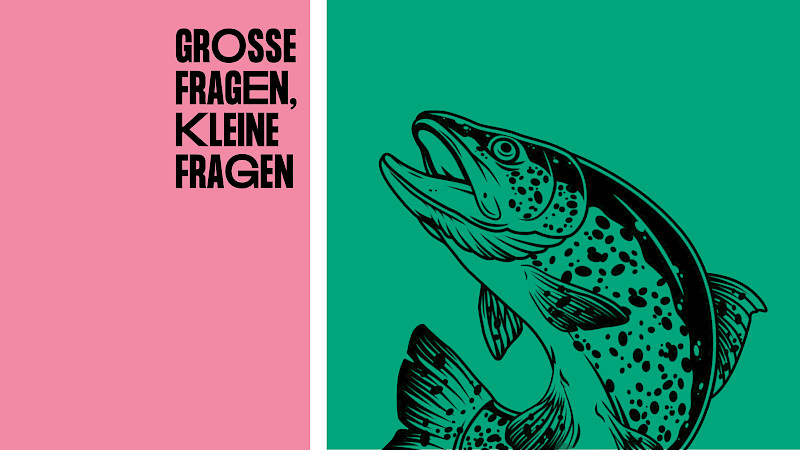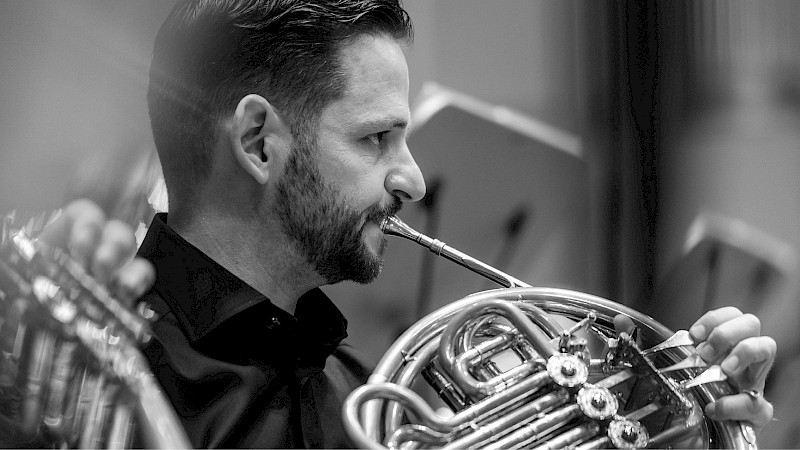
How did Mahler end up in film history?
His "Adagietto" from Symphony No. 5 made a career thanks to Luchino Visconti - and by no means by chance.
How much autobiography is there in Thomas Mann's works? This question has always been debated in literary studies. His novella "Death in Venice" is considered one of the prime examples of the literary treatment of his own life: after all, Gustav von Aschenbach, the protagonist of the novella, is also a writer. The places he passes by were also visited by the Mann family on a trip to Venice; the works attributed to him can easily be deciphered as Thomas Mann's own. And then there is the homoerotic longing for the boy Tadzio, which Katia Mann immediately interpreted correctly after reading the novella; later, in connection with her trip to Venice, she told of a handsome 13-year-old boy "who really caught my husband's eye".
But Aschenbach is not just an alter ego of his creator. Thomas Mann himself once said that he had given Aschenbach the "mask of Mahler" - the first name Gustav and the age are fitting. Mann and Mahler adored each other, but without really knowing each other: Their paths had only crossed twice, both times at the "Vier Jahreszeiten" hotel in Munich, each time following a concert.
Dying to the sounds of Mahler
It was therefore no coincidence that the Italian director Luchino Visconti no longer portrayed Aschenbach as a writer in his 1971 film adaptation of "Death in Venice", but as a composer. Visconti himself had a close relationship with music; in addition to films, he also regularly directed operas. The film's soundtrack, which is mainly made up of excerpts from Mahler's Symphonies Nos. 3 and 5, is much more than just a background to the action: the music becomes the narrator.
The "Adagietto", the quiet fourth of five movements from the fifth symphony, which is played only by strings and harp, plays a special role. It is to this music that Aschenbach arrives in Venice on a steamship; and it is again this music that accompanies him to his death at the end.
Open protest
Mahler's daughter Anna was anything but enthusiastic about this close association between Aschenbach and Mahler, and conductors such as Otto Klemperer and Wolfgang Sawallisch also signed an open letter of protest. But the dust soon settled; the film is complex enough to avoid the accusation of simple equations.
This in turn has a lot to do with Mahler's works. As long as he could summarise something in words, he would "certainly not make music about it", Gustav Mahler once wrote in a letter. In Visconti's film, his "Adagietto" tells precisely that which defies all language.
Translated with DeepL.com





